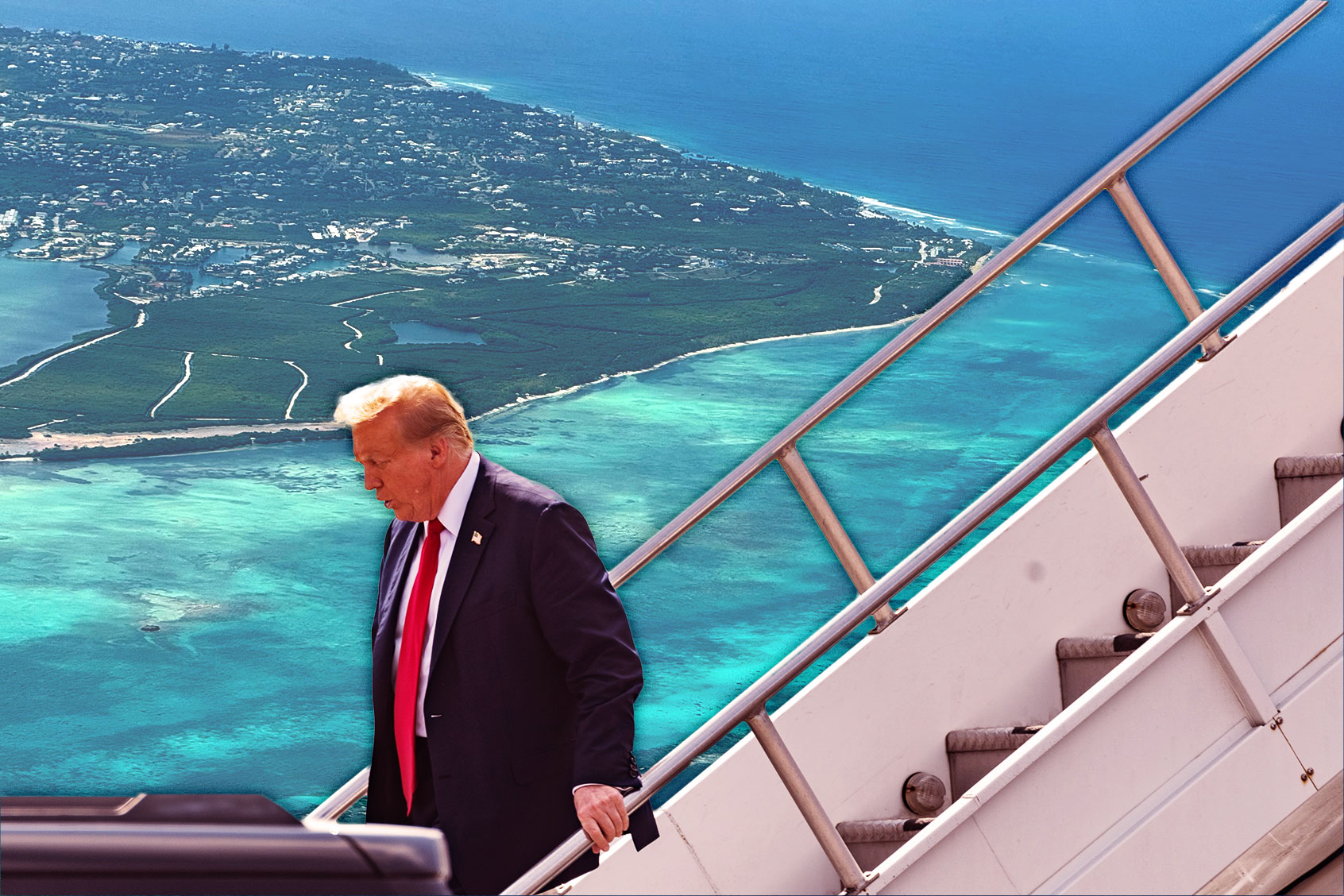When former President Donald Trump couldn't find anyone to issue him a $464 million bond to appeal his civil fraud conviction, a New York appeals court granted him a lifeline, telling the Republican candidate to come back with a bond of just $175 million. A few days later, he did just.
Ever since, however, questions have been raised about the company that issued the bond — led by a billionaire Trump supporter who specializes in subprime auto loans — and whether New York Attorney General Letitia James will even be able to collect what's owed should Trump's conviction be upheld. For one, the company's balance sheet suggests it might not have enough surplus cash to make good on its promise.
On Friday, The Daily Beast reported on another reason for concern: that while the bond's issuer, Knight Specialty Insurance Company, is technically based in the United States, its parent company calls the Cayman Islands home. Former financial regulators say that's concerning.
The financial details are complicated, but the gist is this: the bond's issuer is itself insured by the similarly named but island-based parent company — and since that island is a notorious tax shelter for the rich and powerful, that parent does not have to divulge key financial data, like whether it has enough cash on hand to cover a sudden $175 million bill.
“The Caymans are widely recognized as a ‘secrecy jurisdiction,’" Tom Grober, a forensic account, told The Daily Beast. "If you called the regulator in the Caymans and asked, ‘Can you tell me if Knight reinsurance has enough to cover these claims?’ Their laws require total confidentiality. Why?"
Dave Jones, a former California insurance commissioner, told the outlet that the $175 million bond was already "problematic" in the extreme. It's connection to a foreign jurisdiction just makes it worse.
“What the New York AG must be thinking is, ‘What recourse do I have in Cayman Island courts? If I get a judgment against the bond, even if I sue the reinsurer, can I enforce that judgment in a Cayman Island court? Maybe, maybe not,’" Jones said. "It raises a whole other level of complexity."
Jones has already raised some questions about the bond, suggesting she's far from convinced the issuer will be able to come up with the money, despite assurances from the owner that he collected a cash collateral. A hearing on the matter is scheduled for April 22.
Read more
about Trump's bond


